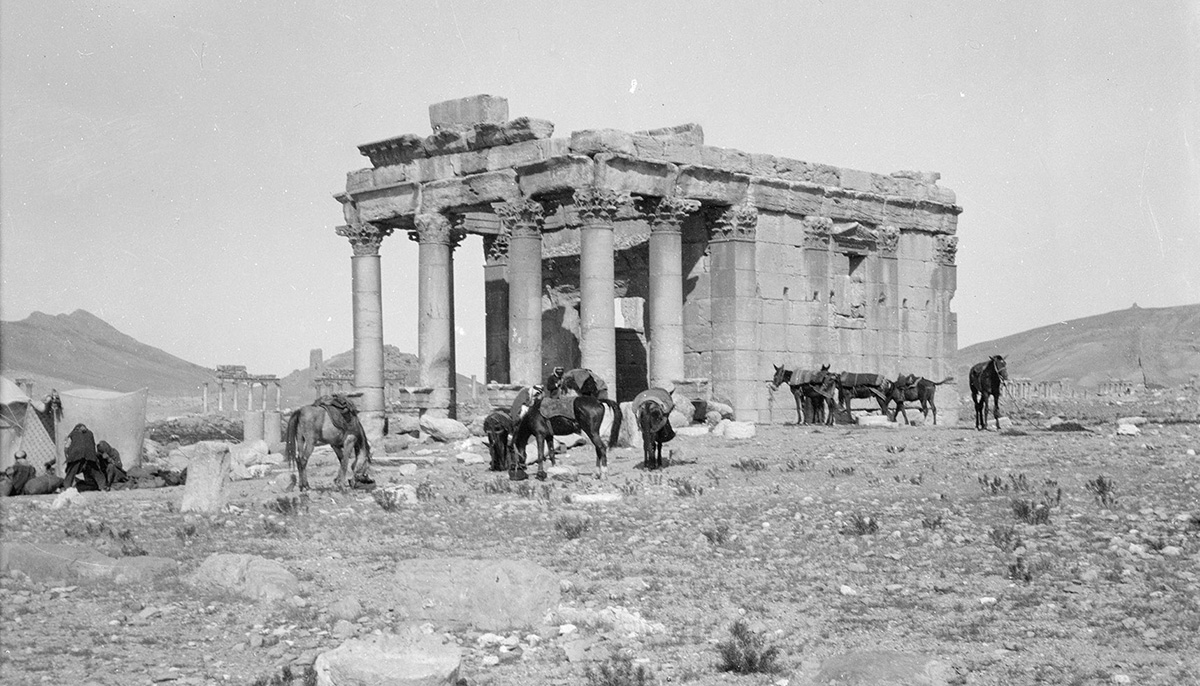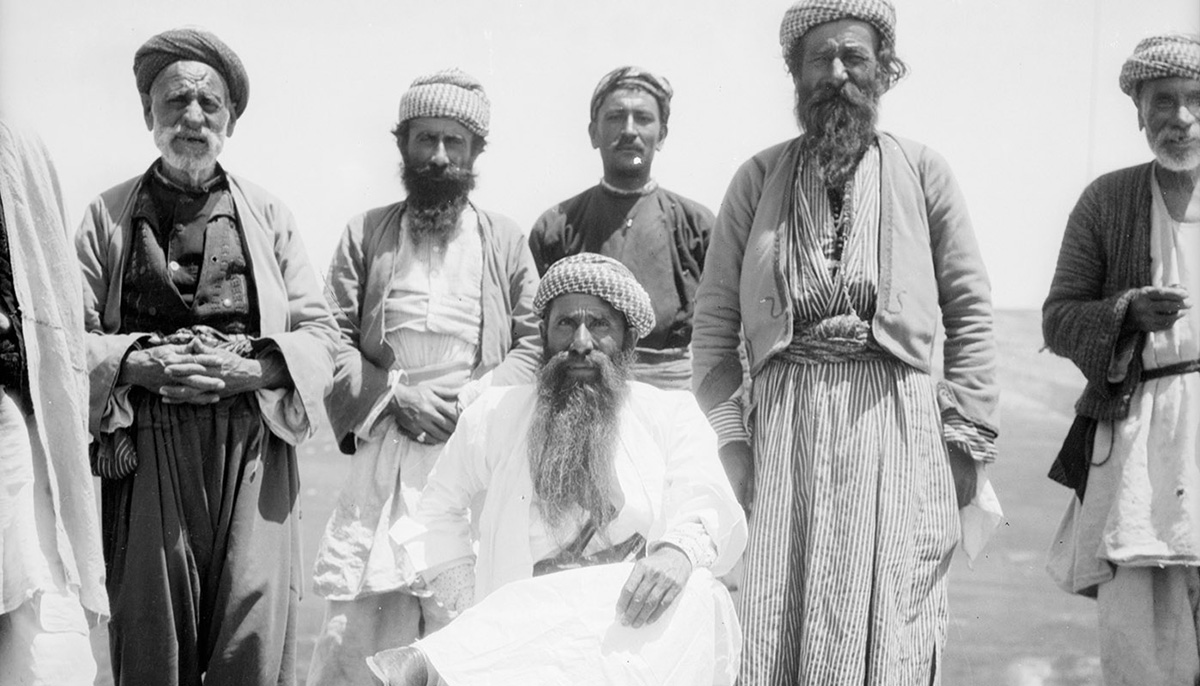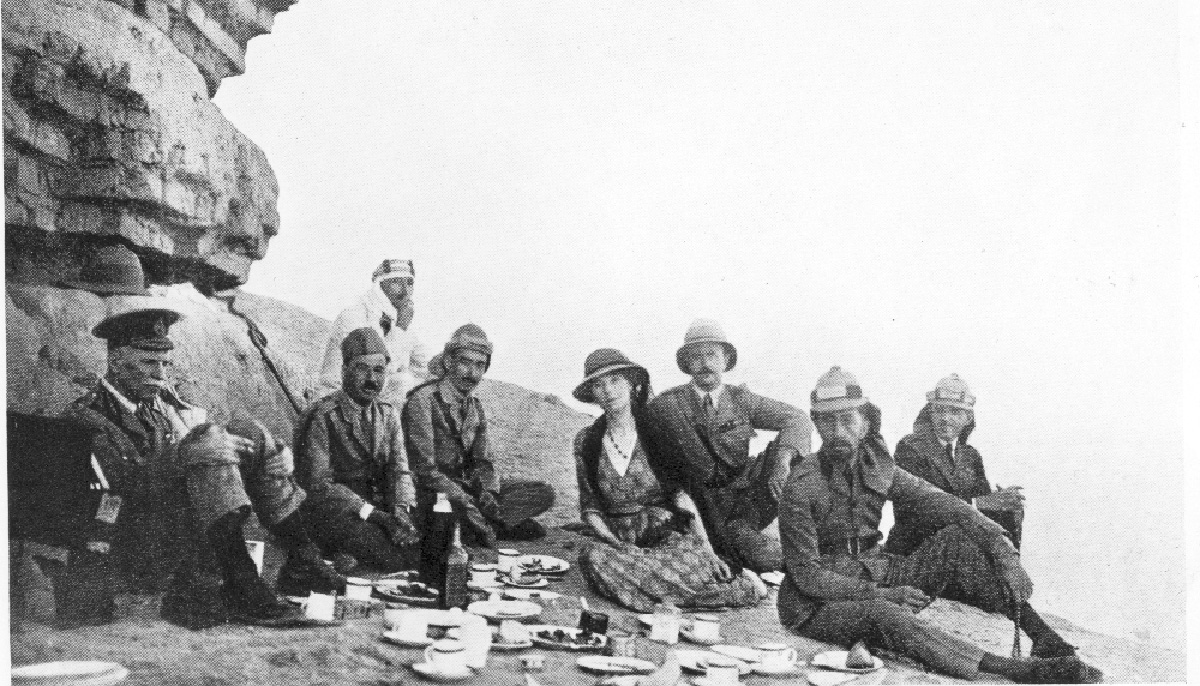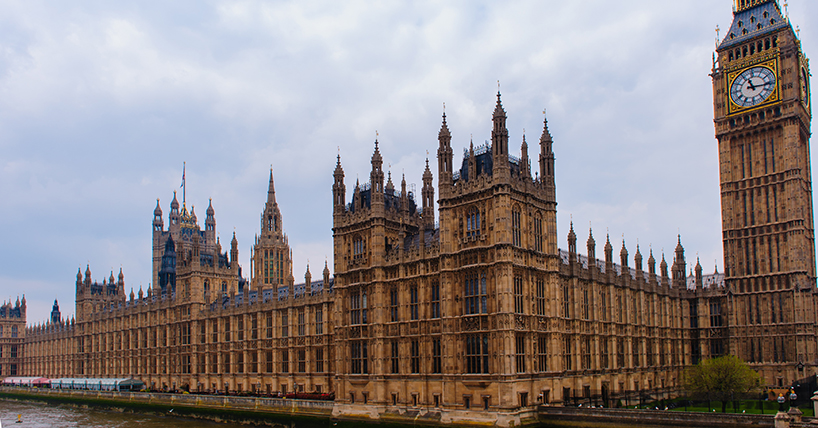Gertrude Bell archive UNESCO
Global significance of Gertrude Bell archive recognised by UNESCO
Published on: 12 December 2017
Newcastle University’s prestigious Gertrude Bell archive has been recognised by UNESCO as a collection of global significance.
Unique record
The unique record of letters, diaries, and photographs by explorer and archaeologist Gertrude Bell, dating from 1871 to 1926, is one of only a handful in the UK to be inscribed into the International Memory of the World Register and is only the second university-held collection in the UK to feature.
Bell was an extraordinary British woman who travelled globally as an archaeologist, mountaineer and explorer. She was also a diplomat and was unique in having worked in the British administration of Iraq during the creation of that state in the early 1920s. The memories of this time preserved in the archive are of world-wide significance because of the places she visited.
She continues to have a profound impact on the modern world through her legacy in the Middle East, especially in the formation of Iraq and resulting transformation of the region. Her personal perspective on the transitional period from the Ottoman Empire before World War I until 1926 provides unique, irreplaceable documentation of the formation of the Middle East and her instrumental role in that process.
Dr Mark Jackson, co-curator and guardian of the Gertrude Bell Photographic Archive at Newcastle University, said: “The archive documents the wide range of people and places encountered by Bell in the late 19th and early 20th century, many of which subsequently have been radically changed. It represents a priceless and unparalleled source of documentary heritage for a very important period of societal change at the end of the Ottoman Empire and the creation of the modern Middle East. It is an internationally important memory of the contribution of an extraordinary woman to the contemporary world”.
Close to 10,000 unique items, the archive provides a record of the people and cultural contexts from multiple ethnic and religious groups living through the transition from the Ottoman empire of the late 19th century to the period of the establishment of the modern Turkish, Syrian, Iraqi, and Jordanian states. The photographs preserve a precious record of these communities many of which have changed dramatically over the past century.
Dr Jackson continued: “There are so many elements of Bell’s life that have significance for our own times. As events in Europe, the Middle East and across the world change, the archive continually takes on new and unexpected significance. It preserves numerous records of people and places across the world now dramatically changed: many deliberately destroyed by population transfer, ethnic cleansing and in wars – who would have thought a few years ago, for example, that some of the most important buildings at Palmyra in Syria would have been destroyed in 2015.”
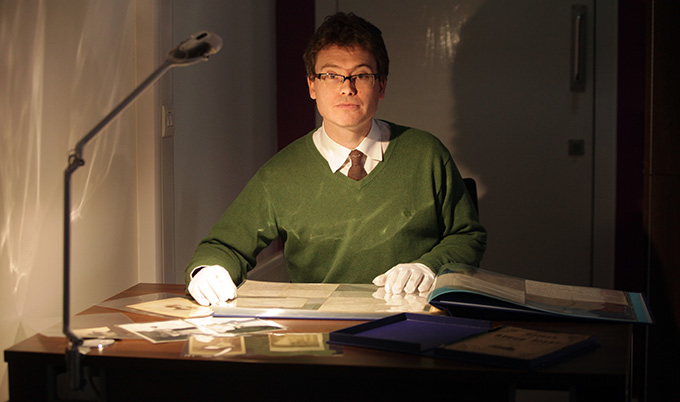
Worldwide interest
The curation of the Gertrude Bell Archive is a joint enterprise between the University Library’s Special Collections and the School of History, Classics and Archaeology. The bulk of the Gertrude Bell Archive has been digitised and transcribed and are available via a dedicated website.
Jill Taylor-Roe, Acting Director of Academic Services and University Librarian, said: “We are delighted that the unique and distinctive Gertrude Bell Archive has now been formally recognised by UNESCO. Through our partnership in curating and interpreting this wonderful resource with Dr Mark Jackson and other academic colleagues, we have long appreciated its global significance. Over the last five years, the online version of the archive has attracted over 1.5 million visits, with almost 90% of usage coming from overseas. We look forward to undertaking further work to extend and enhance access to the archive, thereby helping to secure Bell’s legacy for future generations”.
In 2016, the collection was used in a major exhibition about Gertrude Bell at the Great North Museum: Hancock which was curated by Dr Jackson. This explored her life and career through the themes of archaeology, politics, exploration and her involvement in the creation of the state of Iraq. It also looked at her legacy as a woman living and working in the male-dominated worlds of diplomacy and politics in the early 20th century.
Especially created to coincide with the exhibition, the Gertrude Bell comic provides a unique entry point to original archive materials by presenting snapshots of her life and work with links to the relevant artefacts in the collection. The comic continues to be available online and ensures a wider audience can engage with the story of Gertrude Bell.
Bell’s life also inspired two films made in the last 5 years – Letters from Baghdad and the Werner Herzog film, Queen of the Desert, for which actor Damian Lewis visited the archive to research Bell and other characters depicted in the film.
The University plans to use the UNESCO recognition to provide further high-quality access to the archive for users around the world, including further online digitisation and interpretation. It will also continue work to reach out to diverse communities in the UK and abroad whose heritage is recorded through Bell’s personal activities and reflections.

